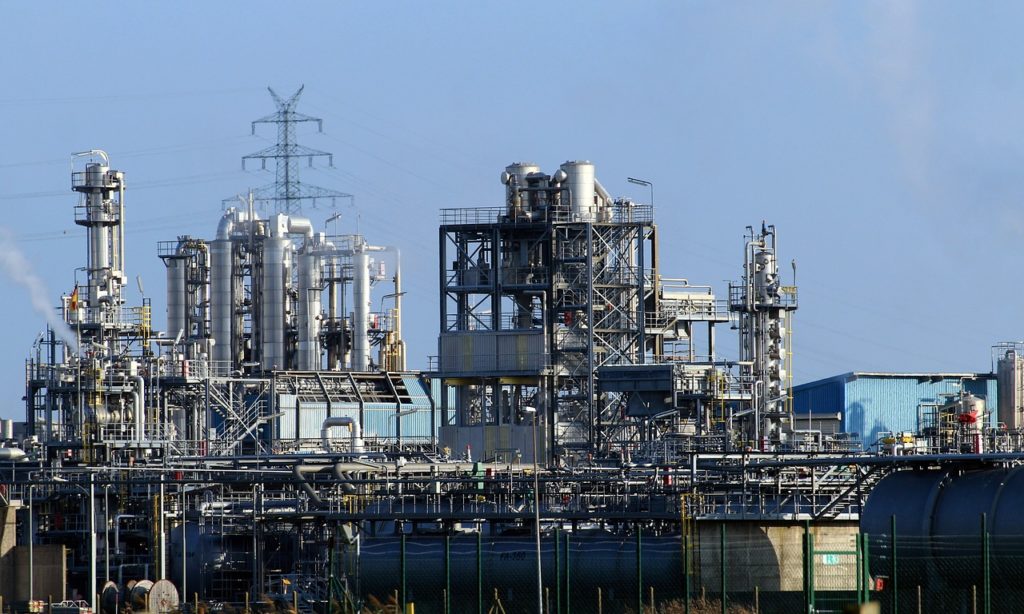API 936 Refractory: Definitions Guide

Estimated reading time: 4 minutes

API 936 Refractory Inspection Code
The API 936 Refractory Personnel certification is an industry-recognised certification for inspectors in the industry. It sets the standard for inspectors who are trained in refractory systems, as they hold the knowledge of API STD 936 Refractory Installation Quality Control Guidelines. Qualified refractory inspections have a strong knowledge and understanding of installation, inspection, testing and repair of refractory linings. API is the only national trade association representing all facets of the natural gas and oil industry.
API Refractory Certification Program provides the industry with a means for central, independent, unbiased and defensible certification and ensures that refractory personnel demonstrate competence in content areas that are relevant to their practices. The industry standard raises the bar of competence for qualified personnel and provides a peace-of-mind to the industry that the certified individual has demonstrated knowledge of the relevant content of refractory installation and inspection.
For the refractory personnel, the API 936 certification provides a method to demonstrate knowledge and experience with refractories and refractory inspection to employers and clients. The certification provides qualified personnel with industry-directed and industry accepted professional credentials. API-certified workers bring more success to the company through improved productivity levels and greater peace of mind.
For the purpose of this recommended industry practice, the following definitions apply:
- Applicator qualification testing
Pre-installation simulation of production work that is sampled and tested as well as visually inspected to verify that application equipment and personnel are capable of meeting specified quality standards.
- As-installed testing
Testing of refractory materials sampled from the installation to confirm that they meet specified physical property standards.
- Contractor
The party or parties responsible for installing refractory in the equipment of the owner.
- Erosion service
Installations of refractories in fluid solids units, such as transfer and overhead lines, cyclone linings, and deflector shields, in which erosion resistance is a determining feature of lining service life.
- Heating contractor
Contractor or subcontractor who specializes in the dryout of monolithic refractory linings.
- Hexalt anchors
Metallic anchor used as an alternative to hexmesh in thin layer, erosion resistant linings; For example, S-bar, Hexcel, Curl and Tacko anchors, and the like.
- Independent laboratory
A refractory testing facility not affiliated with the manufacturer or contractor.
- Inspector
The party or individual whom the owner has contracted or otherwise designated to monitor refractory installation work being conducted by the contractor and supplying material manufacturer(s).
- Manufacturer
The party or parties supplying the refractory lining materials to be installed in the equipment of the owner.
- Material qualification testing
Pre-installation testing of refractory materials in which production lots of refractories manufactured for a specific installation are sampled and tested to confirm that they meet specified physical property requirements.
- Monolithic refractories
Castable or plastic refractories applied by casting, gunning, or hand/ram packing to form monolithic lining structures.
- Owner
The proprietor of equipment who has engaged one or more parties to install or repair refractory in the equipment.
- Production run
The quantity of refractory having the same formulation that is prepared in an uninterrupted manufacturing operation.
- Test sample
That quantity of refractory taken from a single container or installation sequence that is used to make a complete set of test specimens to determine compressive strength, erosion resistance, density, linear change, and/or any other physical property determinations.
- Test specimen
Individual cubes, bars, or plate test pieces used for physical property testing. Physical property test results for a sample are usually expressed as the average of two or more specimens made up from the same sample. Additional terms and definitions applicable to this document and the work that it covers are contained as a glossary in Appendix A.
Refer to the API 936 Body of Knowledge for the specific topics included in the examination: API 936 Body of Knowledge
API 936 Refractory Inspection Code is a 3-day training course held from 11 – 13 November 2019 in Kuala Lumpur, designed to prepare and train candidates for the API 936 examination. It will provide an intensive overview of on refractory installation, inspection, testing and repair in accordance with API 936 Standard. Candidates will gain an in-depth understanding on the laboratory testing procedures, be able to identify the various material qualification needed in the installation, sample preparation and surface separation requirements of the refractory system, list installation procedures and equipment and more.
 |
